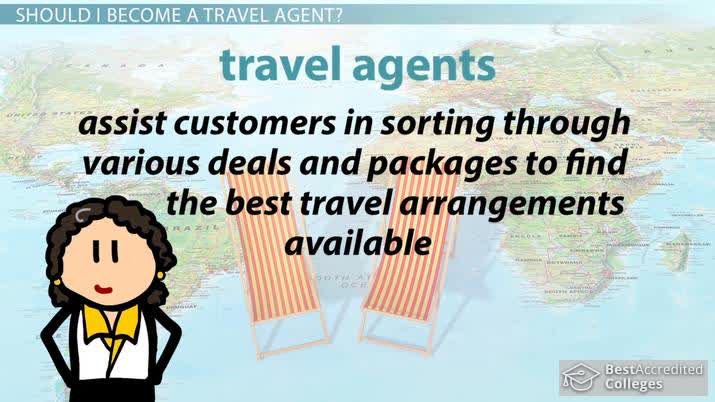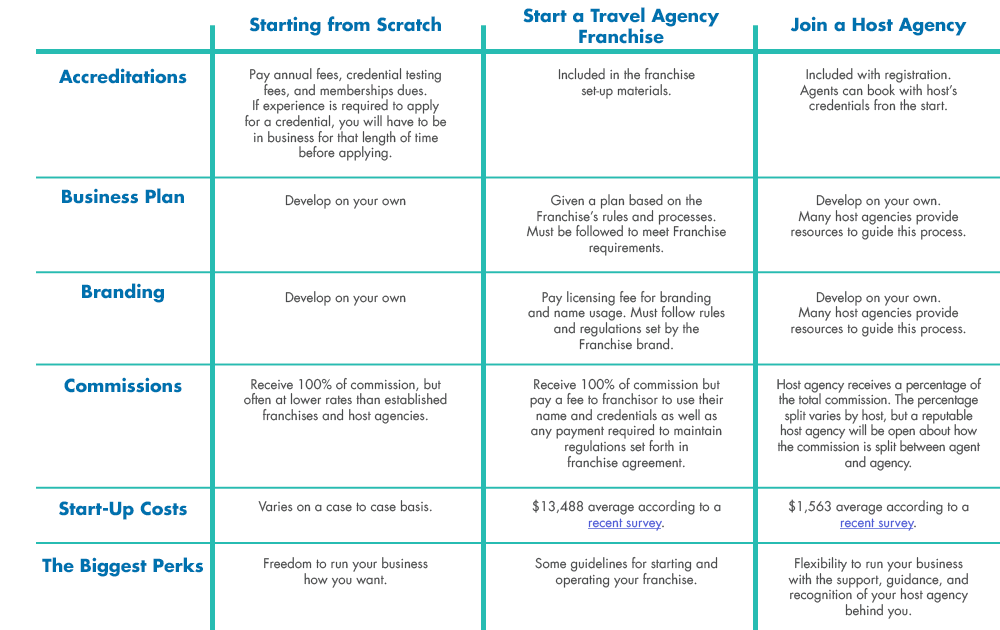Becoming a travel agent in North Carolina is an exciting journey that allows you to share your passion for travel while helping others create unforgettable experiences. This detailed guide will walk you through each step of the process, ensuring you’re equipped to thrive in this rewarding profession.
Understanding the Role of a Travel Agent
A travel agent is a professional who assists clients in planning their travel itineraries, booking flights, accommodations, and tours, and providing advice on destinations. They act as intermediaries between travelers and travel service providers.
Why Choose a Career as a Travel Agent?
Choosing to become a travel agent can be one of the most fulfilling decisions you make, especially if you love exploring new places. Here are some pros and cons to consider:
Pros
- Flexible work environment
- Opportunity to travel often
- Ability to help others
- Potential for good income through commissions
Cons
- Initial income might be low
- Requires ongoing education
- Can be stressful during peak travel seasons
Steps to Become a Travel Agent in North Carolina
Here’s a step-by-step guide on how to become a travel agent in NC:
Step 1: Research the Industry
Before diving in, familiarize yourself with the travel industry. Read articles, join online forums, or attend local travel expos to gain insights.
Step 2: Obtain Relevant Education
While a college degree isn’t mandatory, pursuing courses in tourism, hospitality, or business can be advantageous. Many community colleges in NC offer specialized programs.

Step 3: Gain Experience
Consider internships or entry-level positions in travel agencies. This hands-on experience is invaluable and will provide you with real-world insights.
Step 4: Obtain Certifications
Although not legally required, certifications can bolster your credibility. Look for programs offered by organizations like The Travel Institute or the American Society of Travel Advisors (ASTA).

Step 5: Choose Your Niche
Identifying your niche can help you stand out. Options include adventure travel, luxury vacations, family travel, or destination weddings.
Step 6: Set Up Your Business
You can work for a travel agency or start your own. If you opt for the latter, ensure you register your business, obtain an EIN, and familiarize yourself with local regulations.

Step 7: Build a Client Base
Start networking and marketing your services. Utilize social media, create a website, and encourage referrals from friends and family.
Step 8: Stay Educated
The travel industry is constantly evolving. Attend workshops, join professional organizations, and subscribe to travel publications to stay updated.

Licensing and Certification Requirements in North Carolina
Do You Need a License?
In North Carolina, travel agents do not require a specific state license. However, ensuring compliance with federal regulations, such as the need for a seller of travel registration, is crucial.
Recommended Certifications
| Certification | Provider | Details |
|---|---|---|
| Travel Agent Proficiency (TAP) | The Travel Institute | A comprehensive course covering all aspects of travel planning. |
| Certified Travel Associate (CTA) | The Travel Institute | Designed for agents with some experience, focusing on specialized knowledge. |
| Travel and Tourism Professional (TTP) | American Society of Travel Advisors | For those seeking to establish a solid foundation in travel knowledge. |

Essential Skills for a Successful Travel Agent
Alongside formal education, certain skills are critical for a successful travel agent:
- Communication: Clear communication is vital when interacting with clients and vendors.
- Sales Skills: The ability to persuade clients is crucial for selling travel packages.
- Attention to Detail: Small details can make or break a travel experience.
- Problem-Solving: Be prepared to handle any issues that arise during a trip.
Marketing Your Travel Agency
Once established, marketing is critical to attracting clients. Here are effective strategies to consider:
Digital Marketing
Create a user-friendly website and leverage SEO strategies to increase visibility. Use social media platforms like Instagram and Facebook to showcase travel destinations and your services.

Networking
Attend industry conferences, local business fairs, and join travel-related organizations to meet potential clients.
Client Engagement
Maintain contact with past clients through newsletters and special offers to keep your services top of mind.

Personal Experiences in Travel
As a travel enthusiast, I’ve had the pleasure of exploring many corners of the world. From experiencing the vibrant culture of Japan’s Kyoto to relaxing on the pristine beaches of the Maldives, travel has enriched my life in countless ways. Each trip taught me the value of meticulous planning and the joy of sharing those experiences with clients. Having traveled extensively, I can provide invaluable tips to my clients based on my own adventures, allowing them to feel more confident in their bookings.
FAQs About Becoming a Travel Agent in NC
1. Do I need a college degree to be a travel agent in NC?
No, a college degree is not mandatory but can be beneficial. Many agents have backgrounds in business or hospitality.
2. How much can a travel agent earn in North Carolina?
On average, a travel agent in NC can earn between $30,000 to $60,000 annually, depending on experience and commission structures.
3. Do I need to have traveled extensively to become a travel agent?
While firsthand travel experience is helpful, it is not a requirement. Knowledge of destinations is crucial, which can be gained through research and training.
4. Can I start as a travel agent part-time?
Yes! Many travel agents begin their careers part-time while maintaining other jobs until they build a solid client base.
5. What are the best travel agency software tools?
Some popular tools include Sabre, Travelport, and Amadeus. These platforms help with booking, itinerary creation, and client management.